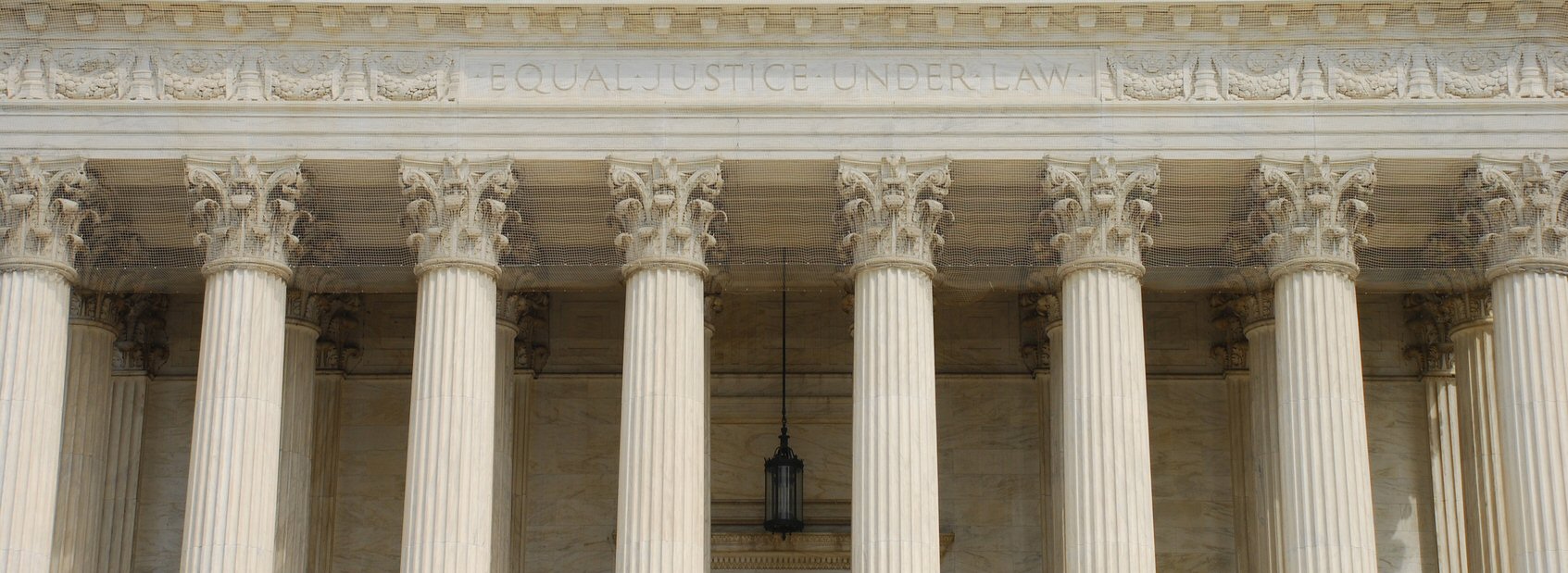Position Statement -2019
A.1071-C (Paulin) / S.2071-B (Hoylman)
Child Parent Security Act
Support
The Women’s Bar Association of the State of New York (WBASNY) supports the New York Child Parent Security Act (“The Act”).
In considering support or opposition to compensated surrogacy agreements, WBASNY members weighed the benefits of this legislation against the uncertainties and risks for women and children. Most concerning to WBASNY are the inherent health risks to the gestational carrier and resulting child, and the risks of exploitation and human trafficking of vulnerable populations, including immigrants. Surrogates are disproportionally from a lower socioeconomic class than the intended parents. Such power imbalance could create an environment whereby consent cannot be truly informed, or where a woman could be forced into surrogacy arrangements.
Despite the fact that a marketplace in compensated surrogacy has the potential to exploit and endanger disadvantaged women and conflict with other laws, WBASNY concluded that the current proposed legislation mitigates the concerns and the risks to women and children associated with such agreements and should be supported.
Assisted reproductive technology has evolved and so have the legal and ethical considerations surrounding this issue. New York State has one of the most restrictive and punitive surrogacy statutes in the country. New York statute currently renders all surrogacy contracts void and unenforceable. The statute makes it illegal to pay a surrogate for her services. By contrast, a majority of states, by statute or case law, deem surrogacy contracts to be enforceable provided the surrogate does not have a genetic connection to the child. In those states, the intended parents are often declared the legal parents of the child before birth and the gestational carrier can be paid for her willingness and ability to provide gestational services.
Further, the Act focuses on the intent to parent, as opposed to a biological or genetic connection, and allows for non-intimate partners to be recognized as the parents so long as intent to conceive a child together can be demonstrated. New York has no statute addressing the legal parentage of children conceived through egg or embryo donation. The law in most states provides that when someone donates gametes to another for the purpose of conception, the donor should not have the right to later claim a parental interest in the resulting child. The donor is also protected from any legal obligation to assume parental responsibility for the child. The Act also solidifies the legal status of children conceived through sperm, egg, and embryo donation.
The proposed Child Parent Security Act would permit enforceable surrogacy contracts provided the carrier is not the genetic mother of the child and provided there is full compliance with all the safeguards incorporated in the Act. WBASNY cautions that strict screening procedures are necessary to ensure that anyone seeking to act as a gestational carrier has the emotional and financial stability required for informed consent and successful gestation. The American Society for Reproductive Medicine has passed detailed guidelines regulating the surrogacy process which are designed to ensure that the best medical and ethical practices are applied to these arrangements. It is in this context that other states (either by statute or case law) permit and support compensated surrogacy arrangements.
As an organization comprised of attorneys and judges across the state in private practice, government, academia, and the courts dedicated to the advancement of women in law and society, WBASNY supports this bill, with careful consideration given to the underlying concerns. This legislation incorporates protections sufficient to minimize the inherent risks, and balances conflicting social and ethical obligations.

